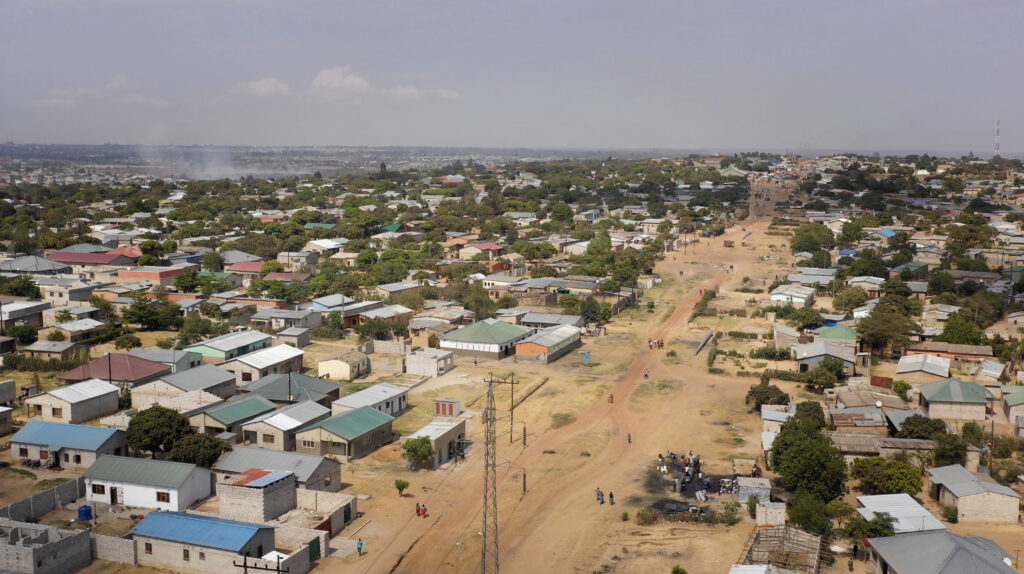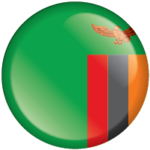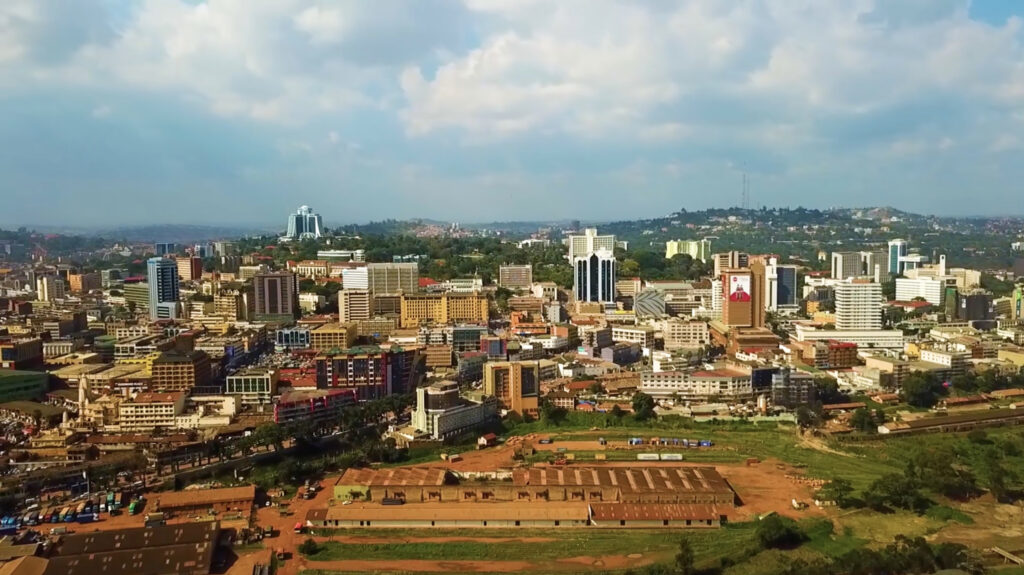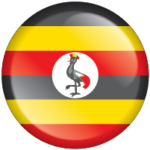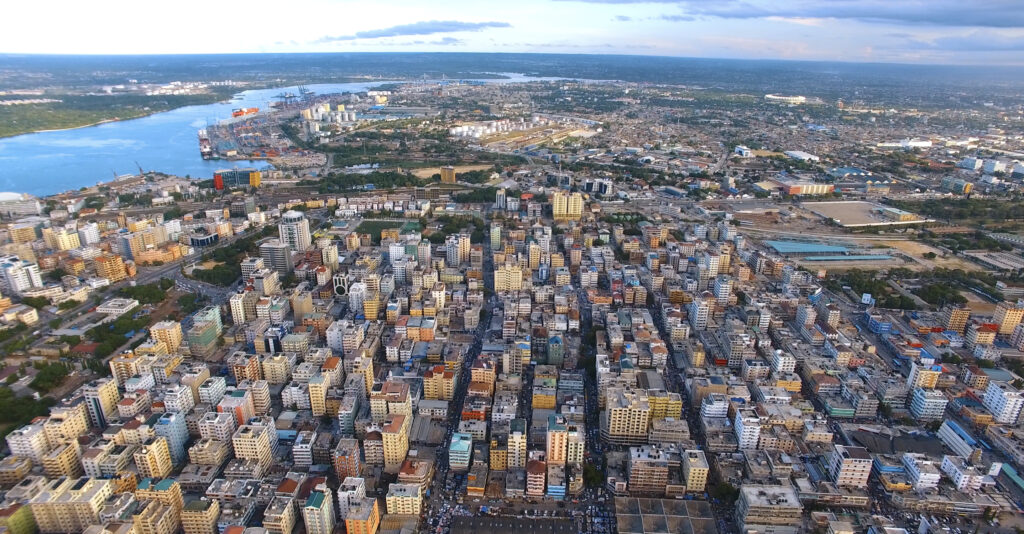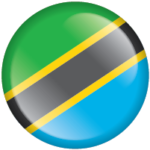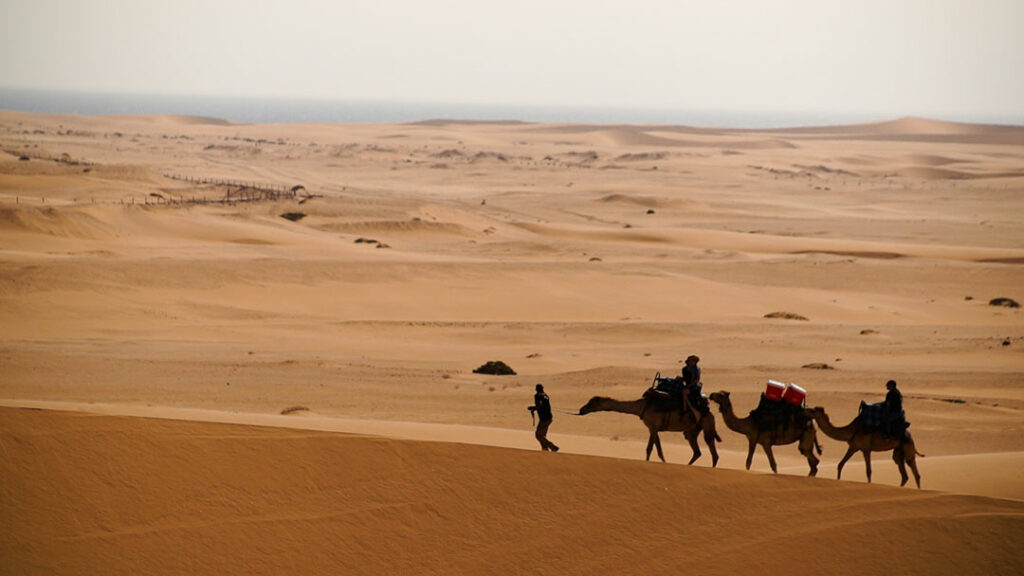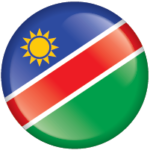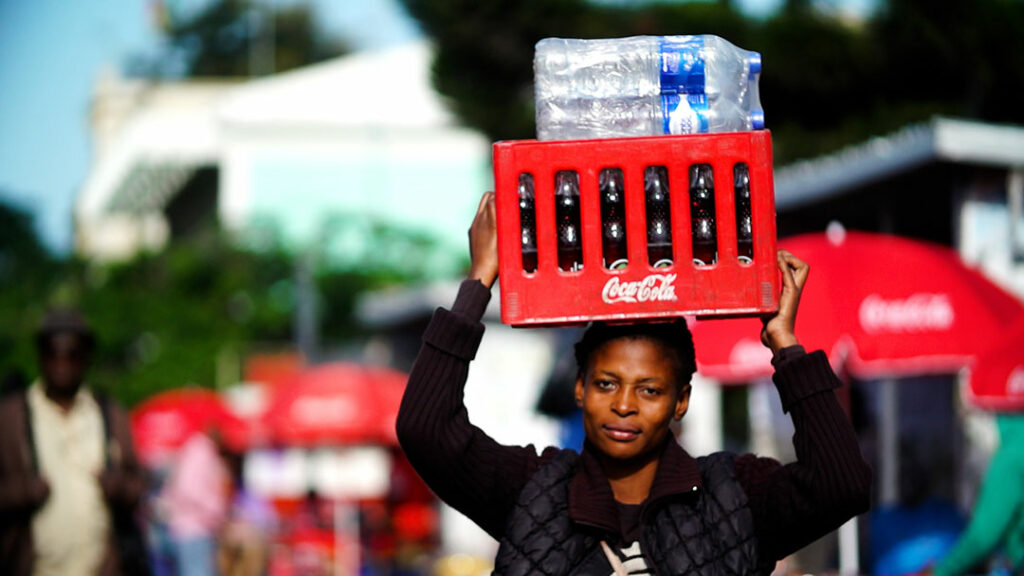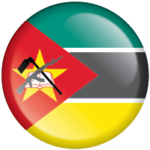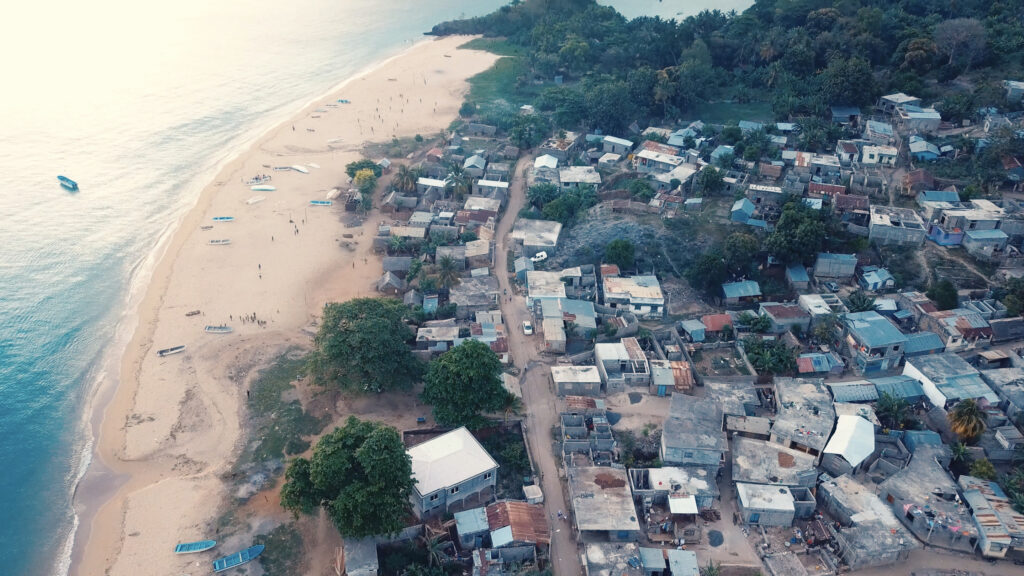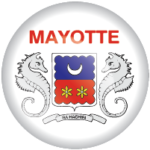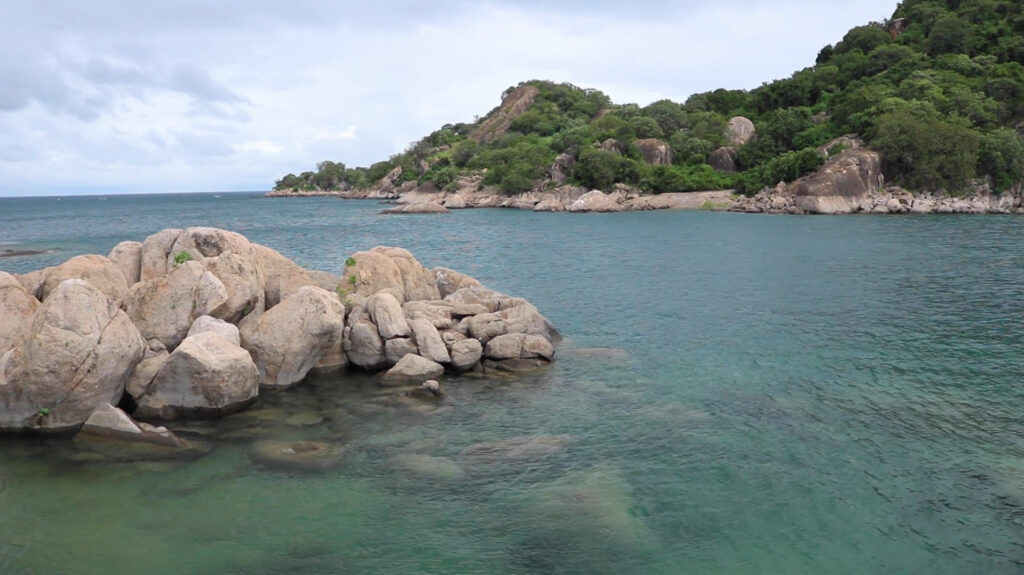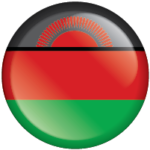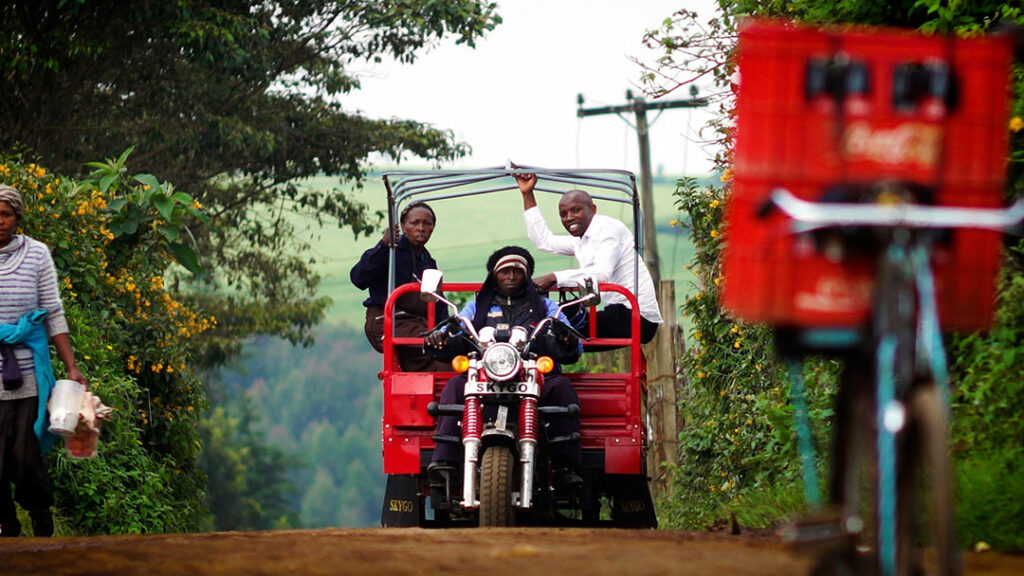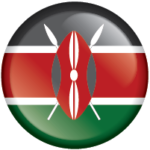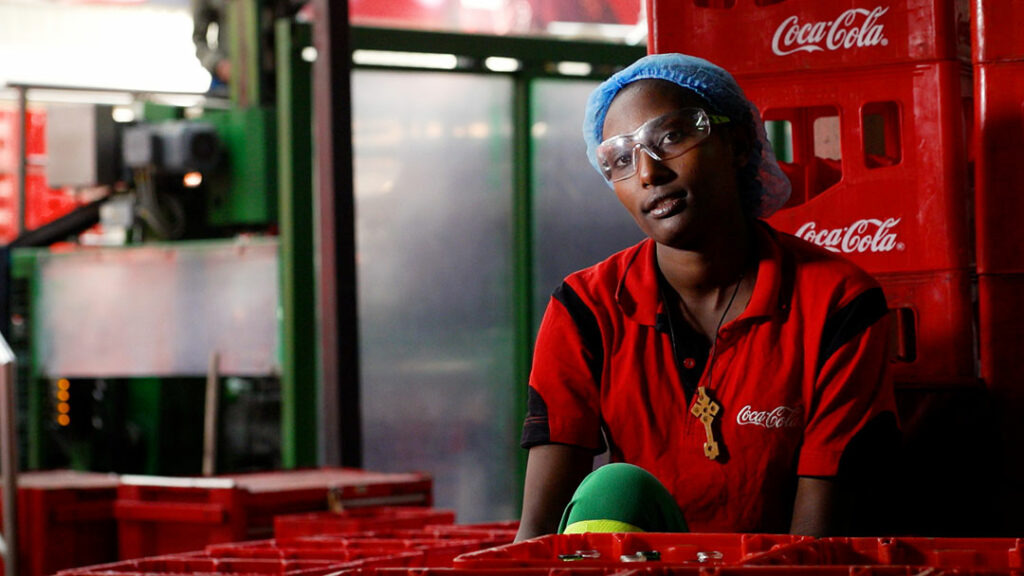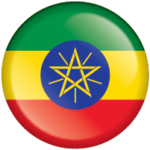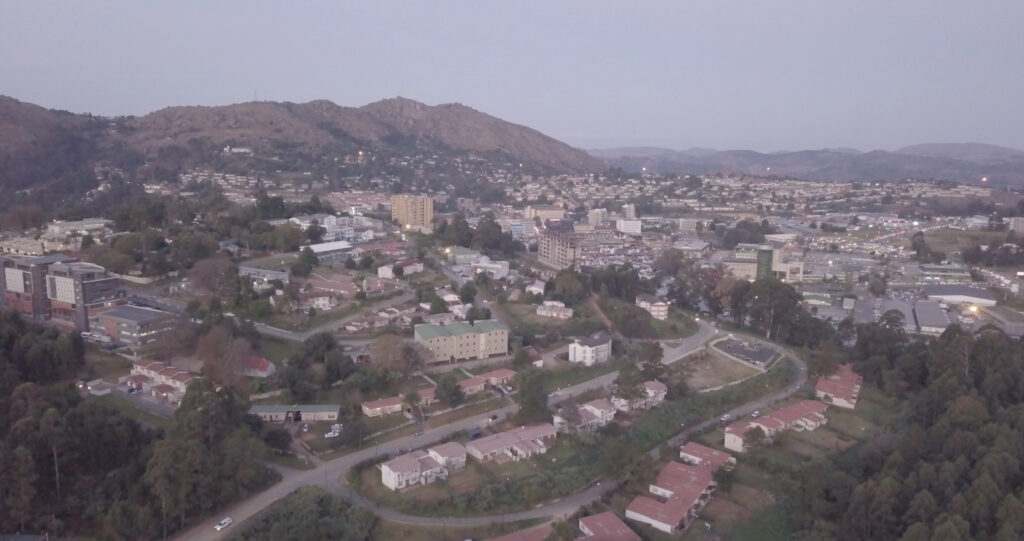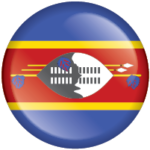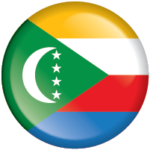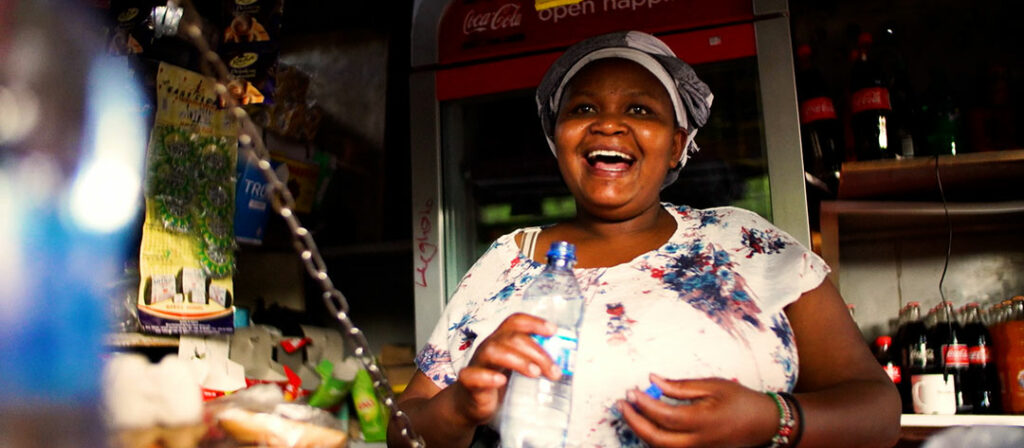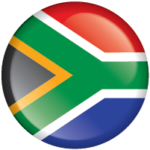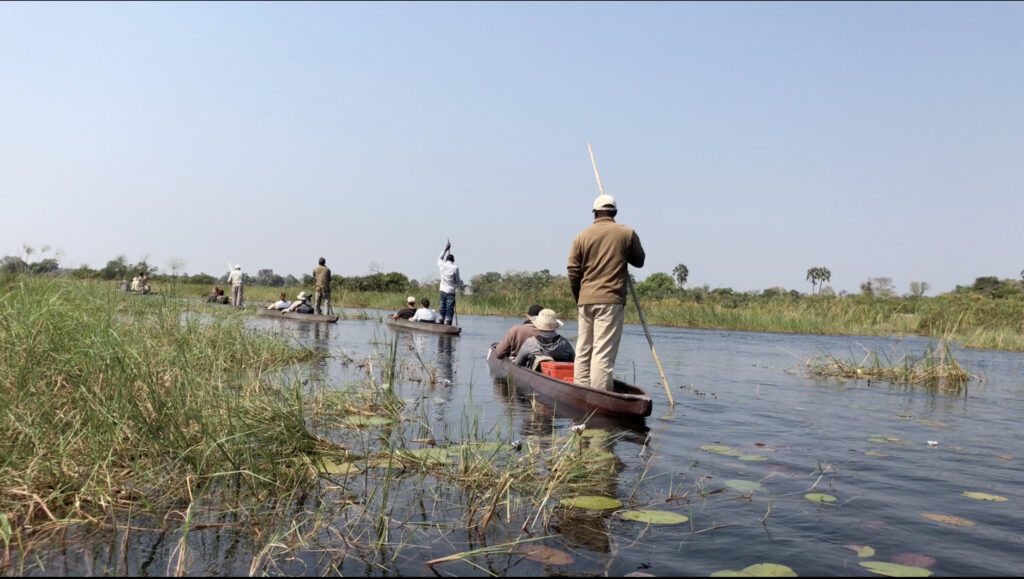
Jacques Vermeulen
These are uncertain times for the global economy, and for emerging markets in particular. The period of synchronized global economic growth that saw a 40% rally in emerging market stocks in 2017 is on shaky ground and risks of a downturn are rising.
Trade tensions between the world’s great economic powers are sending shockwaves through the global economy and threatening to bring the recovery to a premature end, while a shift towards higher interest rates in the US has decreased the relative attractiveness of emerging markets to investors.
This is unwelcome news for us in Africa, because the global demand for the primary commodities with which we are blessed has been a driving force – along with improved policies and governance – behind improvements in prosperity and human development recorded over the past decade. Indeed, multi-dimensional poverty fell in 30 out of 35 African countries between 2005 and 2015.
Even countries without rich mineral resource deposits made significant progress in areas such as health, education and improved quality of life. But to sustain this progress in the face of escalating tensions and a faltering global trading system, African nations will have to rely on that which they can control to keep their economies growing: a conducive policy environment for private sector investment, further improvements in governance, fiscal prudence and transparency, investment in enabling infrastructure and human development, and the promotion of intra-regional trade and investment, among others.
Increasingly, economic growth will depend on African governments passing the baton to the private sector. While public investment in the region almost matches other regions of the world, private investment in sub-Saharan Africa lags behind. There is a strong link between sustained growth and the improvements in the quality of institutions, sound fiscal management, monetary policy geared toward low inflation and policies promoting external trade, while reducing market distortions domestically.
With its relatively youthful population, Africa has an opportunity to reap the benefits of a demographic dividend, leading to higher levels of saving and investment that would enhance potential and current growth. But for Africa’s youthful population to derive the benefits, economic growth must also be accompanied by higher levels of employment and this means greater localisation of production inputs wherever possible to encourage industrialization.
Coca-Cola Beverages Africa fully appreciates that the future of our company is tied to the wellbeing and prosperity of the communities we serve which is why we intend locally sourcing 80% of all raw materials we currently import by 2022.
This process is already well advanced, in Uganda especially. CCBA’s Make Uganda Better policy was implemented in 2010 four years before the government’s Buy Uganda, Build Uganda initiative, including working to develop a local supply of fruit pulp for our juice products. Once the government operationalises the Teso Fruit Factory our local supply will increase exponentially.
We require 5 000 tonnes of juice pulp concentrate every year and we are at an advanced stage of introducing more products to use more Ugandan produce such as millet, passion fruit and pineapple among others. We have also launched a Value-Added Dairy product which requires 70 tonnes of powdered milk and 200 tonnes of brown sugar – all sourced locally
Furthermore, as a business we have always recognized the fact that governments need revenues to fund public services for their citizens. As an investor – in jobs, capital structure and local businesses within our supply chains – we have been a significant tax contributor to all societies where we operate.
Also, over and above the 1 600 staff that we employ across three bottling facilities and one recycling facility, we have made substantial financial investments in distribution, infrastructure, manufacturing, marketing and skills development, with further investment in the pipeline over the next two years – boosting the jobs which we have created directly and indirectly in the CCBA ecosystem to well over 90 000 people.
Our responsibility to our community goes beyond all of this to leading the recycling initiative in Uganda, creating a further 1 500 micro enterprise opportunities for waste collectors through Plastic Recycling Industries, a division of CCBA
These are just some initiatives that illustrate how the private sector can contribute to Africa’s economic development
These are just some initiatives that illustrate how the private sector can contribute to Africa’s economic development.
Jacques Vermeulen is managing director of Coca–Cola Beverages Africa
